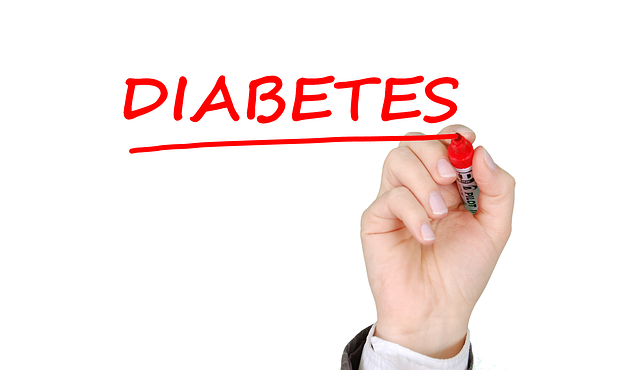
Antidepressants and Diabetes
A systematic review of 22 studies looking at the possible link between antidepressants and diabetes (specifically type 2 diabetes) was recently published in Diabetes Care. The findings suggest that antidepressant use is an independent risk for type 2 diabetes. This is potentially a huge problem because the use of antidepressant use has increased 400% between 1988-1994 and 2005-2008 and continues to climb.
In addition, antidepressants are being prescribed more commonly for other conditions other than depression such as pain control. It’s estimated that one out of every 10 Americans takes one antidepressant. And, antidepressants are the number one prescribed medication in the 18 to 44 year-old age group.
The studies reviewed do not establish a firm causal relationship between antidepressants and diabetes. But, the link is strong enough to warrant long-term prospective studies designed specifically to determine whether or not there is a causal relationship between antidepressant use and diabetes.
Some antidepressants cause weight gain, but when that is adjusted there is still a link between antidepressants and diabetes. So there are probably other mechanisms by which antidepressants may increase the risk of type 2 diabetes.
So what can you do if you have depression and are at risk for diabetes? Consider non-pharmacologic treatments for depression.
Non-Pharmacologic Ways to Manage Depression
There are other and safer ways to manage and treat depression without resorting to antidepressants. Anything that enhances the production of the neurotransmitter serotonin can potentially help the management of depression. Things like vitamin D and sunlight (by making vitamin D) can stimulate serotonin production.
A study from Duke University showed that exercise is just as effective a treatment for depression as Paxil and Zoloft. Also, better nutrition can make a difference in the brain’s ability to make serotonin. Avoiding caffeine, sugar, and artificial sweeteners is one way to maintain serotonin levels.
In addition, serotonin production is dependent on adequates amount of the amino acid tryptophan. Amino acids are found in protein – so adequate amounts of protein can naturally improve serotonin levels. The supplement 5-HTP also improves serotonin production. Tryptophan gets converted into 5-HTP and 5-HTP gets converted into serotonin.
An often overlooked risk factor for depression is declining sex hormones. This includes testosterone, estrogen, and progesterone. Achieving optimal sex hormone levels can obviate the need for antidepressant use for some.
For more information on non-pharmacologic ways to manage depression and other mood disorders, we recommend the book, The Mood Cure, by Julia Ross. The book discusses the role of diet, exercise, supplement use, and stress management to treat a variety of mood disorders.
